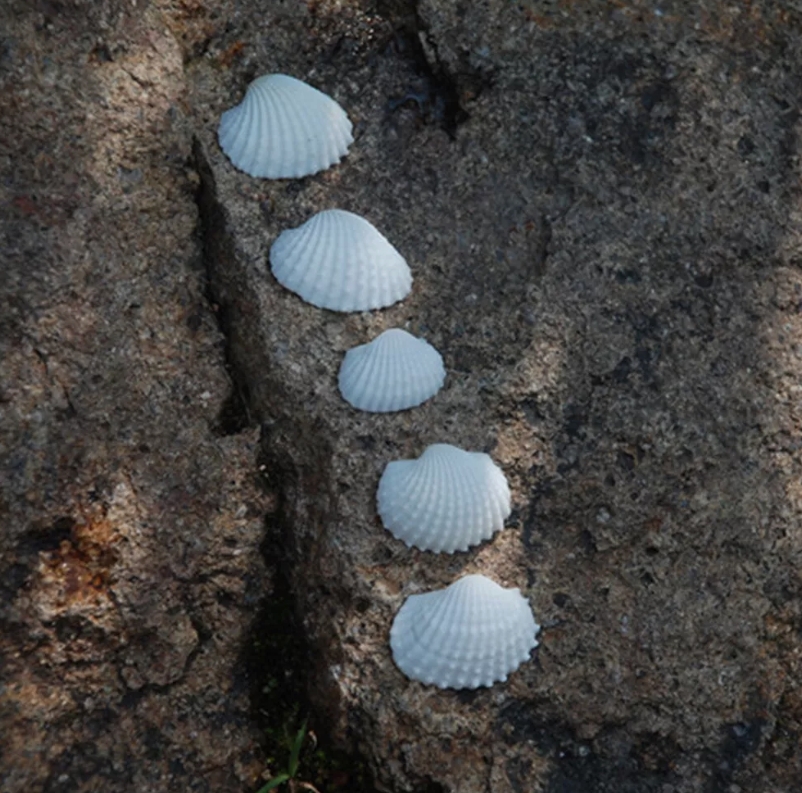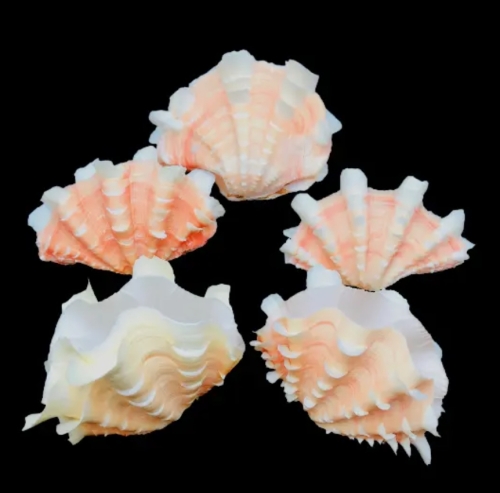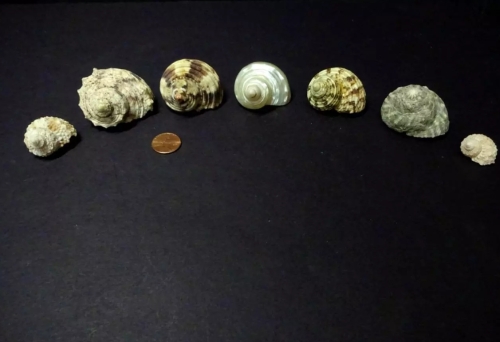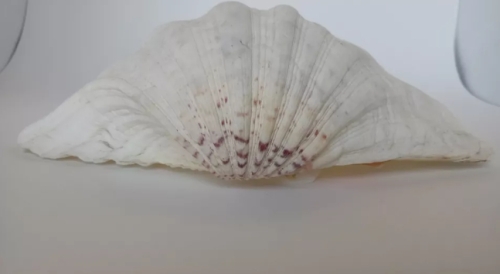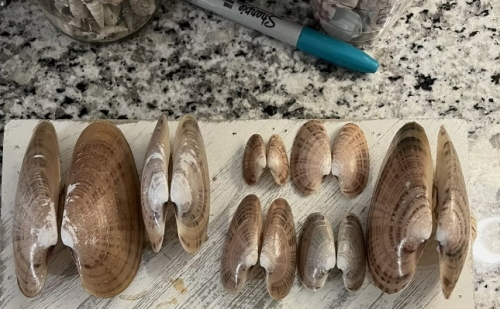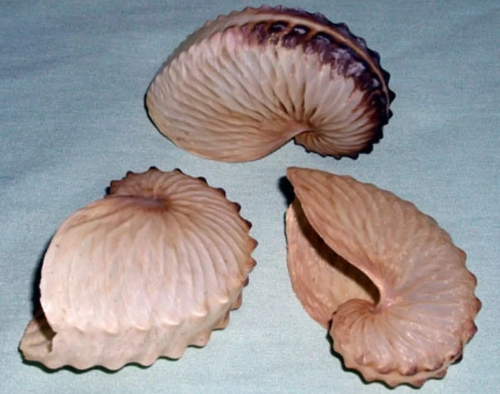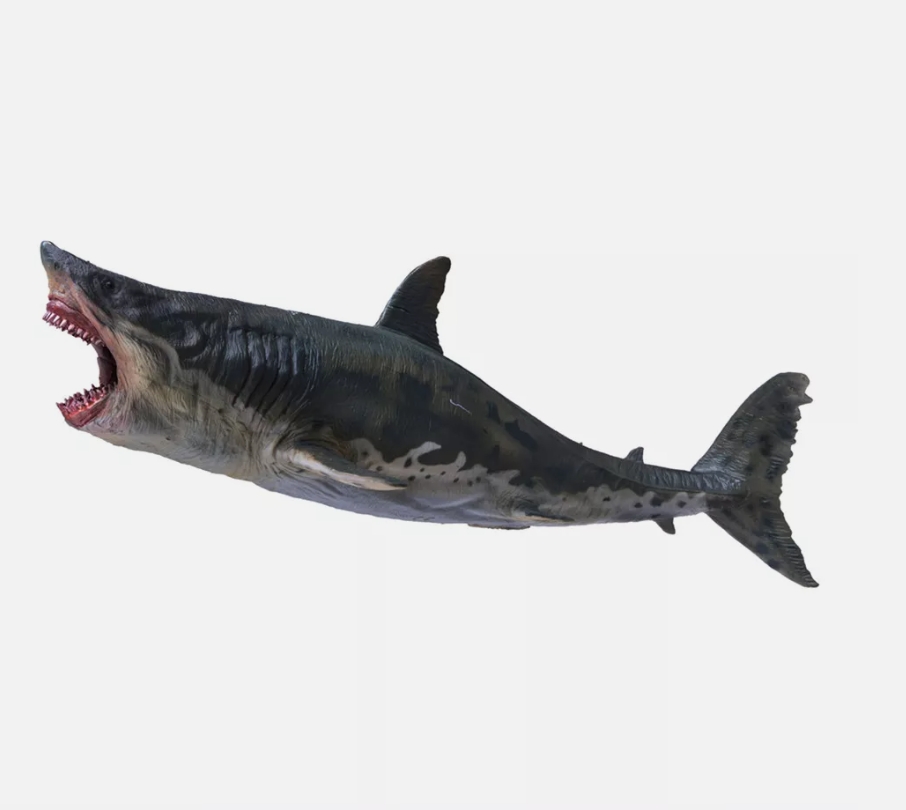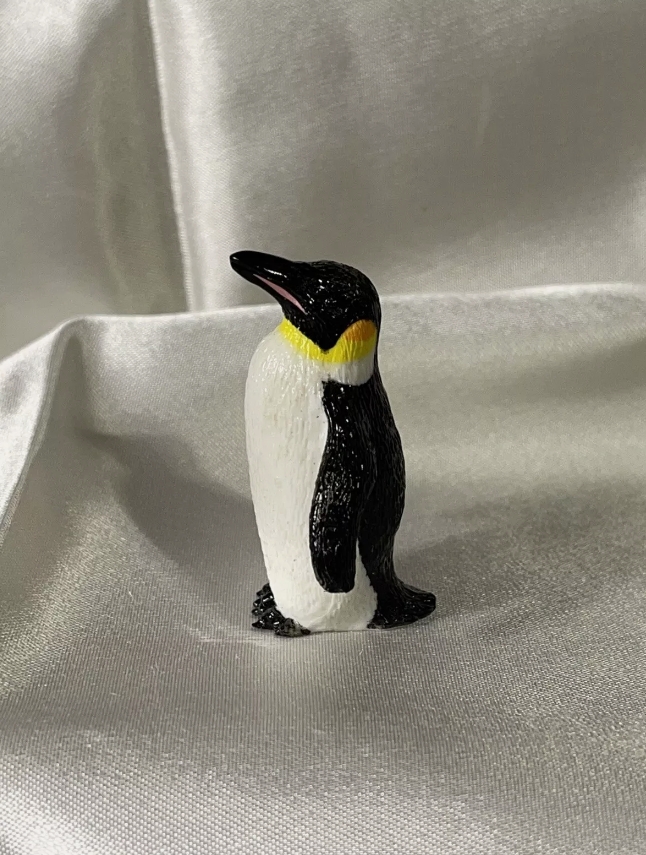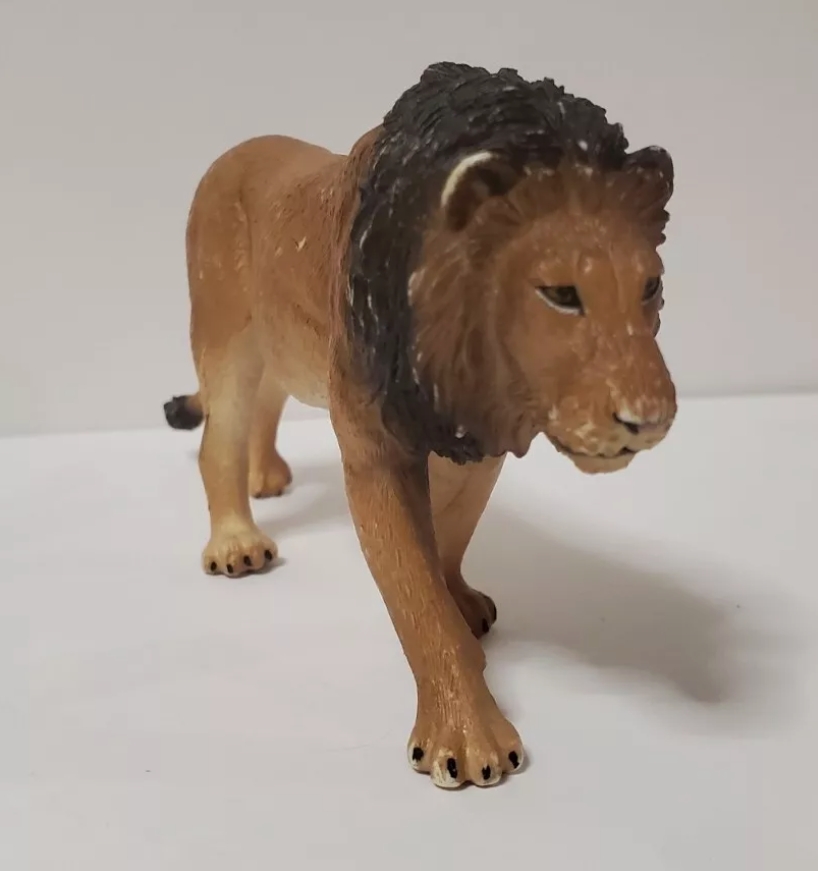The study of shell specimens, known as conchology, offers insights into the biology and ecology of mollusks. These creatures play critical roles in their ecosystems, from maintaining marine food webs to serving as indicators of environmental changes. By examining shell characteristics, researchers can gain valuable information about habitat conditions, species interactions, and even climate change impacts.
For collectors, shells are more than mere decorations; they are artifacts of nature's creativity. Enthusiasts often travel to coastal regions to hunt for rare specimens, each find representing a connection to the oceanic world. Shell collecting also fosters appreciation for marine conservation, as individuals recognize the importance of protecting these delicate ecosystems.
In addition, shell specimens often find their way into art and education, serving as tools to inspire curiosity about marine life. Museums and educational programs utilize shells to teach about biodiversity, evolution, and the significance of conservation efforts. As people engage with these beautiful natural artifacts, they develop a deeper understanding of the oceans' fragility and the need to preserve them for future generations.

